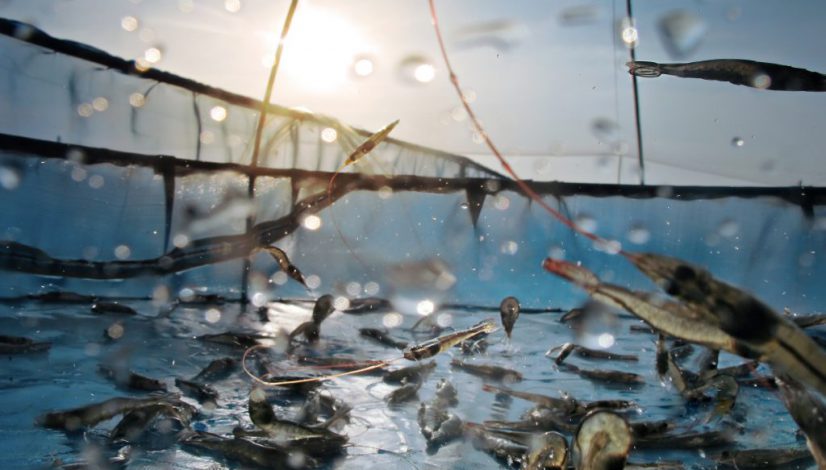Proteon Pharmaceuticals announced a strategic partnership with Skretting aimed at providing functional solutions to tackle health challenges in the aquaculture industry. The companies will collaborate on developing products using bacteriophage technology to support aquaculture farmers as part of a holistic health strategy.
The companies will work in a parallel R&D pipeline on the project, first targeting pathogenic Vibrio bacteria. With challenges caused by Vibrio being some of the most prevalent in aquaculture worldwide, the products will be a welcome addition to the holistic health toolbox for farmers.
“We are very excited to partner with Skretting. This Partnership is another great opportunity for us to grow our product portfolio and expand our presence worldwide with our products for aquatic health management. Together we will bring an important innovation and new tools to increase sustainability and fight bacterial disease” explains Nipun Gupta, Chief Commercial Officer of Proteon Pharmaceuticals.
Part of integrated health management
Both Proteon Pharmaceuticals and Skretting predict that the technology will become a valuable component of integrated management strategies on-farm with both feed and water applications under investigation.
“Phages are a part of the natural microecosystem. Each phage targets specific bacteria in order to keep the healthy balance in nature. They have been known for over 100 years, however, using phage technology for aquaculture is an exciting development. I am convinced that phage-based products will have a positive impact on sustainable and environmentally friendly aquaculture.” says Jarosław Dastych Ph.D., CEO of Proteon Pharmaceuticals.
In the initial phases of the project, Skretting will isolate the most prevalent specific strains of bacteria, while Proteon will use its phage platform to identify and determine the most effective cocktail of bacteriophages. Skretting Aquaculture Research Centre (ARC) researchers will then examine the efficacy of the phages during challenge trials.
“Proteon Pharmaceuticals’ vision is to develop natural feed additives that help remove antibiotics from the food chain and improve animal and human health. With Proteon’s expertise in phage development and Skretting’s expertise in aquaculture, we will work together to identify phages that target specific bacteria, which we hope will significantly reduce health challenges in aquaculture.” adds Matthew Tebeau, Chief Operating Officer of Proteon Pharmaceuticals.
What is phage technology?
Phages are the most numerous and oldest organisms on the planet. They are organic, natural and omnipresent in the environment. A critical part of the microbiome, phages naturally protect animals and humans from bacteria. Controlled delivery of phages, using precision biological tools promises to reduce antibiotic usage, overcoming the growing threat of antibiotic resistant bacteria, increasing sustainability in aquaculture and agriculture as well as improving human health.
Proteon Pharmaceuticals has been developing their phage-based products for over 10 years with several products on markets around the world. They have been tested in Europe and Asia and proven in terms of efficacy and stability.
“Products based on bacteriophages are an effective tool for fighting bacterial diseases in farmed fish and shrimp, as they can eliminate only the specific pathogenic bacteria while not damaging the animal’s microbiome,” says Truls Dahl, Business Developer at Skretting.
The big picture
The first collaboration product will be ready in a couple of years. The project timeline is a few years, but both Skretting and Proteon Pharmaceuticals are confident that the resultant health solutions are worth the wait. With anti-microbial resistance (AMR) still looming as a serious threat facing the global population, natural health strategies are increasingly important for food producing industries.
“Having alternatives to antibiotics to support the health of fish and shrimp is a very exciting part of the development,” continues Dahl. “Vaccines, antibiotics and indeed phage technologies have been around for a long time, but the use of phages is still quite new for aquaculture.”
“It’s not every day you introduce a new techonology to improve animal health,” says Therese Log Bergjord, Skretting CEO. “This is a milestone, and highlights our commitment to continue to invest in health research for the sustainability of the Aquaculture industry as a whole.”


